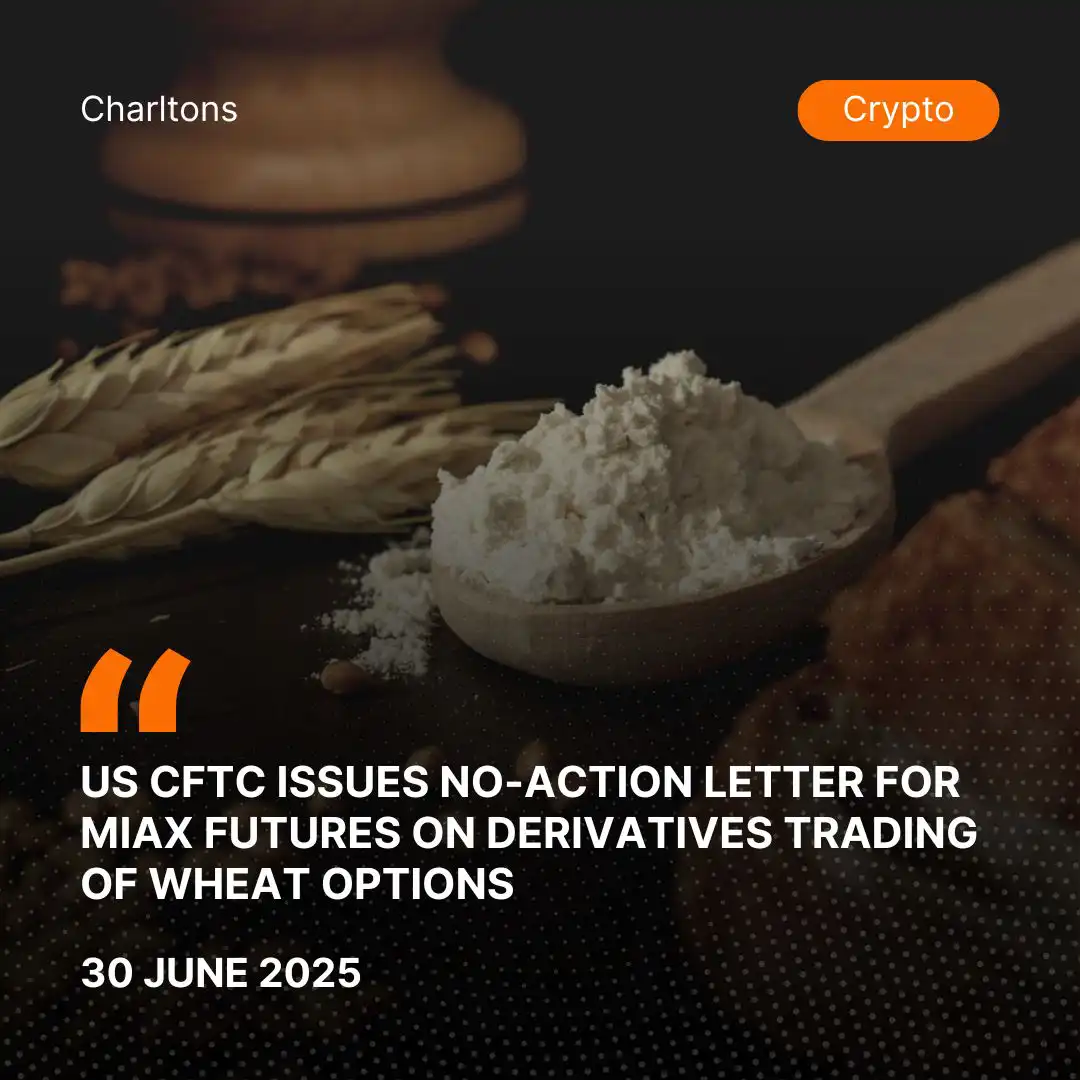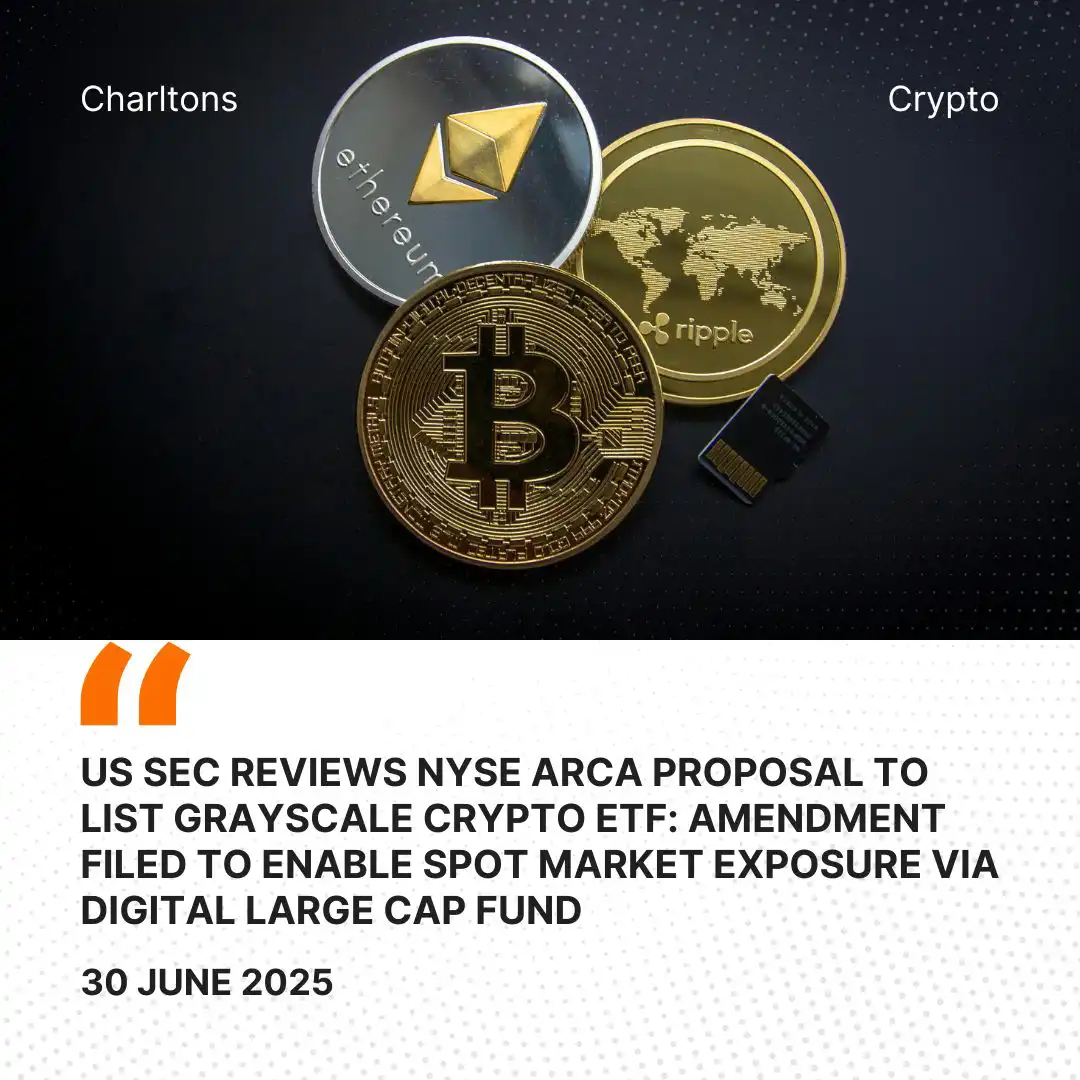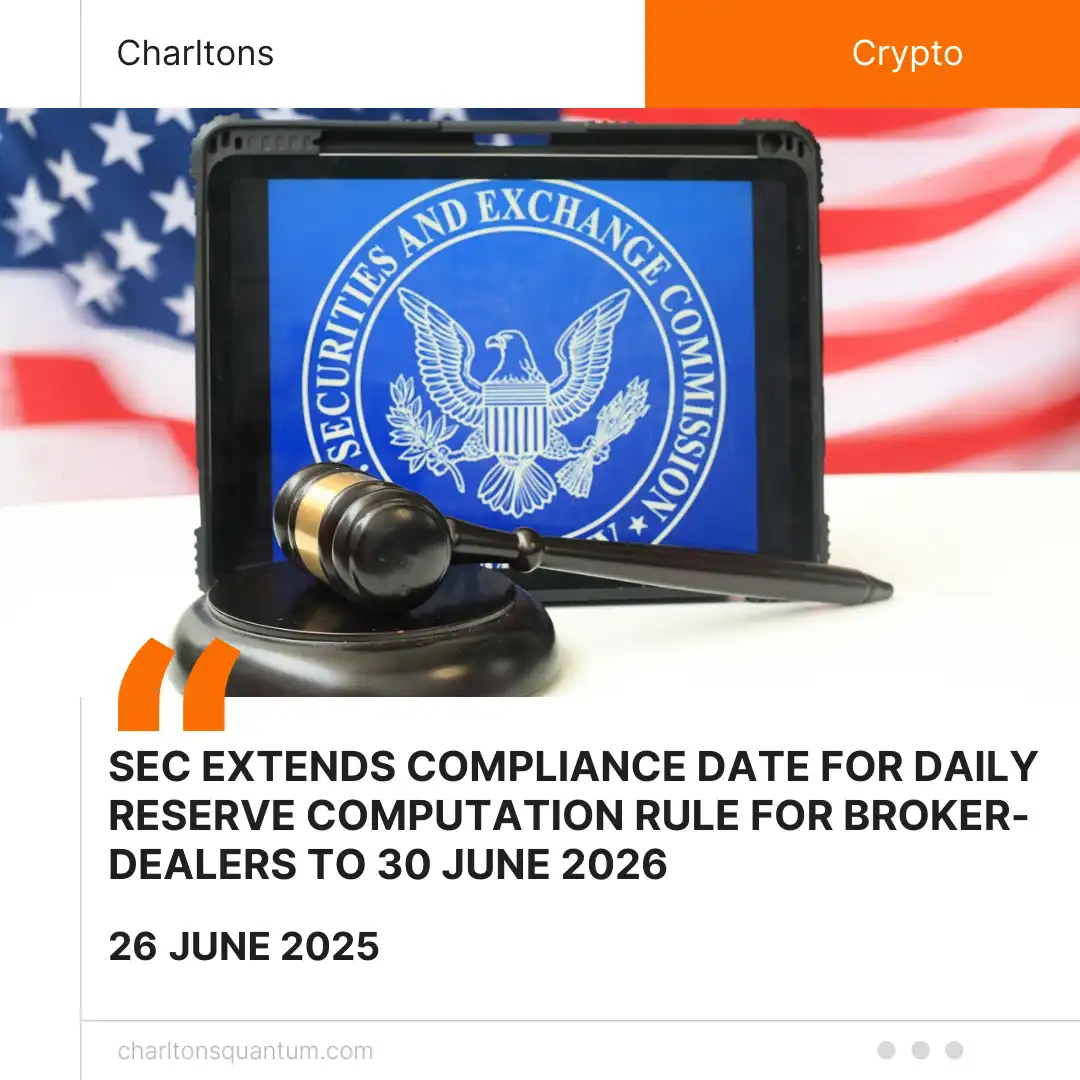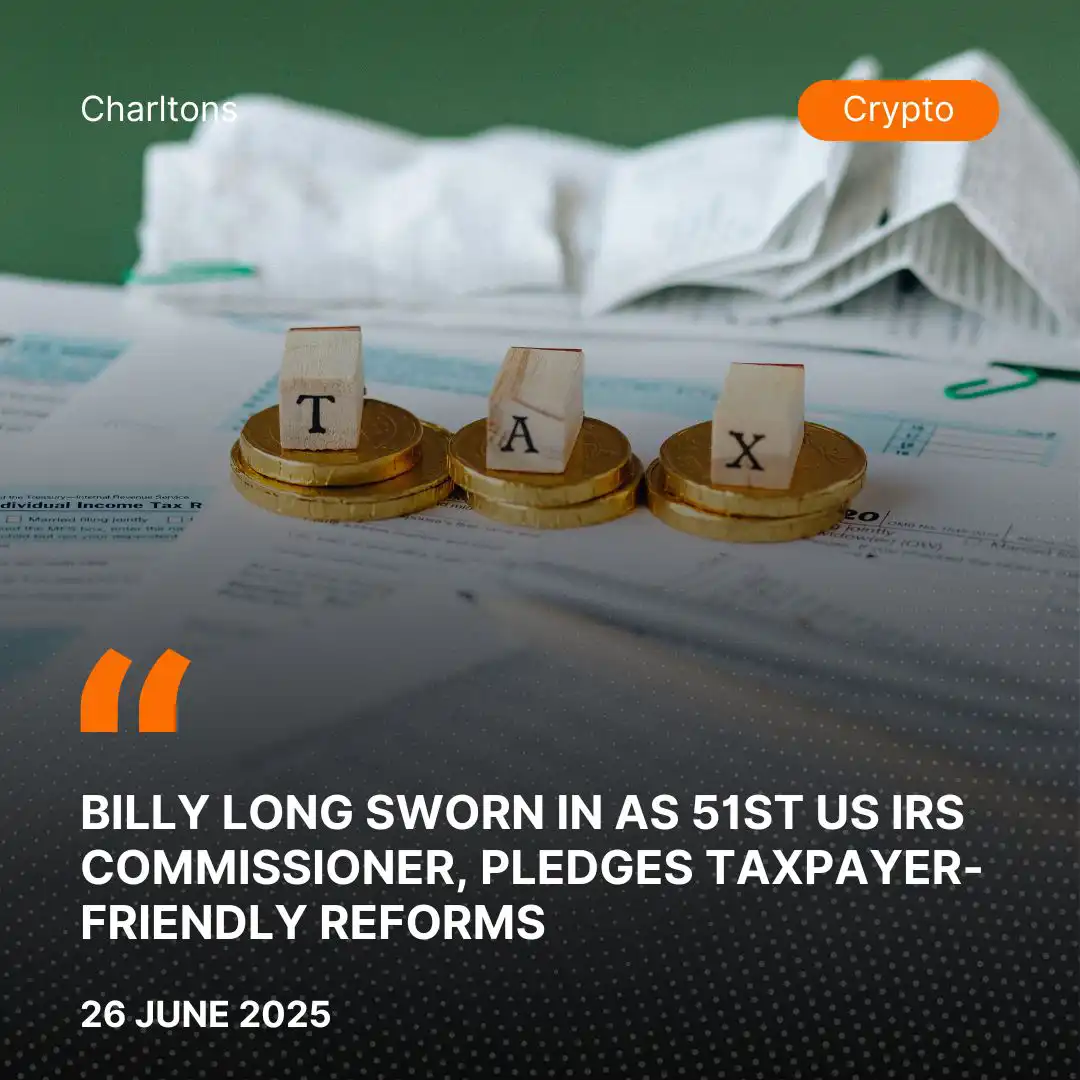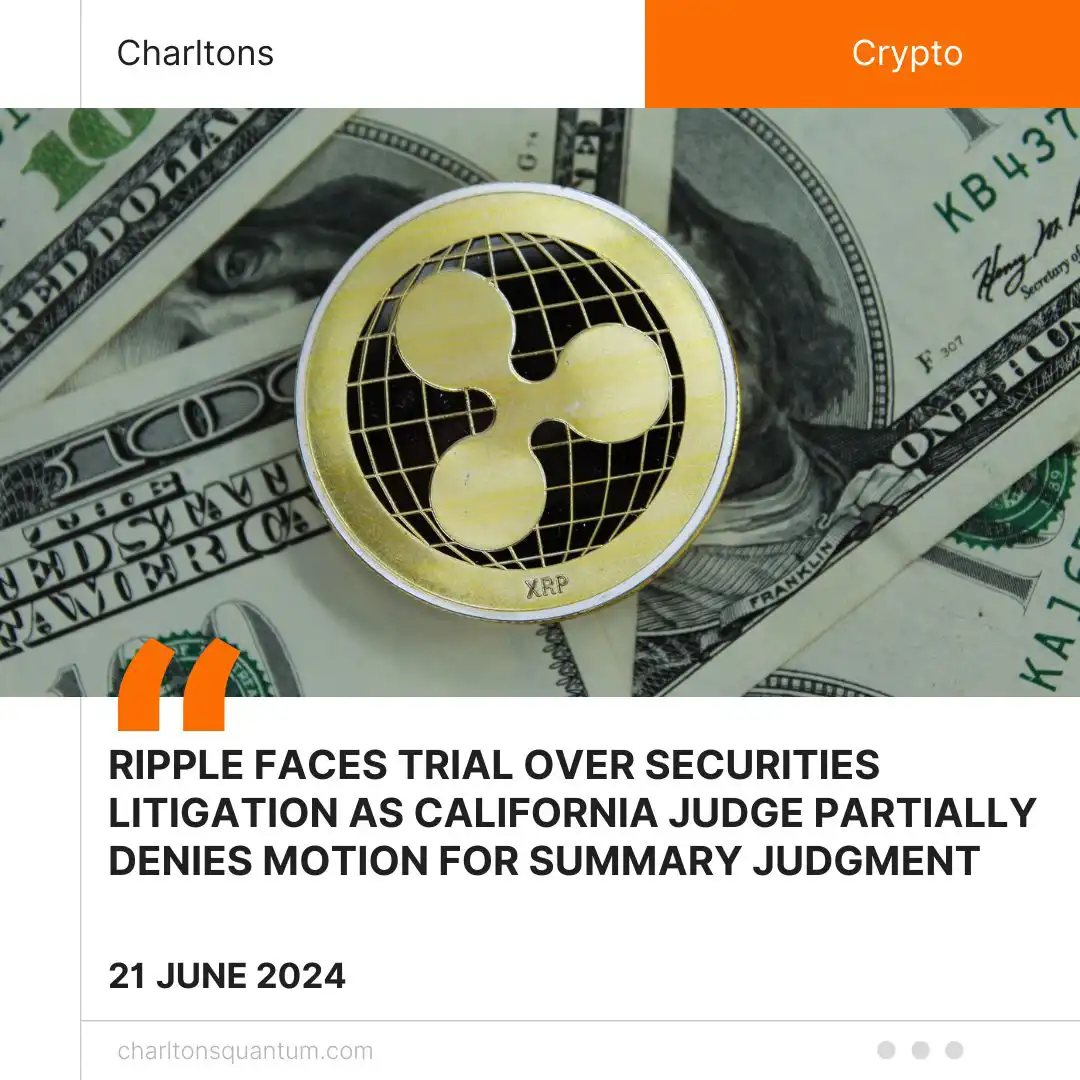
A California judge on Friday 21 June 2024, ruled that the civil securities litigation against Ripple Labs Inc. will proceed to trial, creating significant ripples in the crypto sector. Judge Phyllis Hamilton of the US District Court for the Northern District of California partially denied Ripple’s motion for summary judgment, permitting the case involving allegations against Ripple’s CEO, Brad Garlinghouse, to move forward.
The litigation focuses on claims that Garlinghouse made misleading statements during a 2017 televised interview regarding the sale of Ripple’s XRP. The plaintiff alleges that Garlinghouse falsely claimed to be “very, very long XRP” while selling millions of XRP on various cryptocurrency exchanges, violating California’s securities laws. Judge Hamilton dismissed four of the five claims in the class action lawsuit as “failure to register claims,” but the allegation of Garlinghouse’s misleading statements will be heard at trial.
In her ruling, Judge Hamilton asserted that the court could not conclude “that a reasonable investor would have derived any expectation of profit from general cryptocurrency market trends, as opposed to Ripple’s efforts to facilitate XRP’s use in cross-border payments, among other things.”
Ripple’s legal defense argued that XRP does not meet the definition of a security under the Howey Test. They urged Judge Hamilton to consider the reasoning of US District Court Judge Analisa Torres, who had previously ruled that XRP did not fulfill all the elements of the Howey Test when sold directly to retail participants on cryptocurrency exchanges. Judge Torres’s ruling in the Southern District of New York (SDNY) was perceived as a partial victory for Ripple and was hailed by the crypto industry as a significant step toward regulatory clarity.
Despite the ruling from Judge Torres, the market for XRP has remained sluggish. According to CoinMarketCap, XRP’s price is down nearly 9% in the past 30 days and has decreased over 1% in value since June 2023. The altcoin’s price is 87.26% lower than its all-time high of around $3.8 in January 2018. Talks of an XRP exchange-traded fund (ETF) exist but face potential resistance from the SEC.
Ripple’s Chief Legal Officer, Stu Alderoty, expressed contentment with the dismissal of most class action claims but recognized the need to address the remaining state law claim at trial. “We are pleased that the California court dismissed all class action claims. The one individual state law claim that survived will be dealt with at trial,” Alderoty stated.
This judgment marks a significant moment in the ongoing regulatory saga surrounding cryptocurrencies. It highlights the judicial system’s efforts to provide clarity on the legal status of digital assets. The outcome of the trial could set a precedent for future litigation involving cryptocurrencies, impacting how digital assets are perceived and regulated. For investors and market participants, the trial serves as a reminder of the legal uncertainties and regulatory challenges that continue to shape the cryptocurrency landscape.
The justice system’s stringent measures, including the current proceedings against Ripple, are steps toward establishing a coherent regulatory framework for the crypto industry. These actions reflect the necessity to protect investors and maintain market integrity. By closely scrutinizing cases like Ripple’s, the courts aim to ensure that digital assets comply with existing securities laws and that market participants act transparently and responsibly. This approach, though occasionally seen as a hindrance to innovation, is crucial for fostering a stable and trustworthy environment for the burgeoning crypto market.

